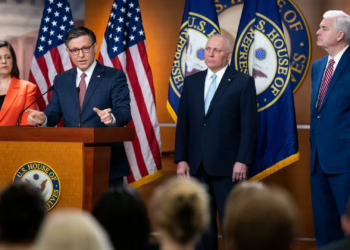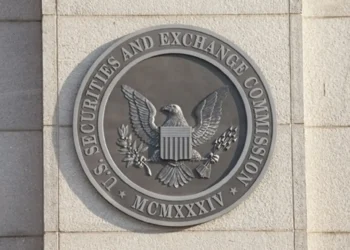As a part of a larger strategy to tighten Singapore’s rules on digital assets, the central bank has proposed new stringent guidelines for Digital Payment Token (DPT) service providers in an effort to deter people from engaging in cryptocurrency trading on a whim.
Some examples include bans on retail users borrowing or accepting credit card payments to purchase crypto; bans on crypto-related incentives such as free tokens, gifts, or celebrity endorsements; and required testing of customers to gauge prior understanding of crypto hazards.
The proposed measures are in response to the collapse of stablecoin TerraUSD and its token LUNA, which has resulted in the insolvency of several major companies in the cryptocurrency industry, including lender Celsius and hedge fund Three Arrows.
The Ban’s Impact on Stablecoins
According to the paper, stablecoins would need to be completely backed by reserve assets of the same denomination and tied to the local dollar or a Group of 10 currency. Issuers would also be subject to minimum capital requirements.
Amber‘s co-founder and CEO, Michael Wu, stated that the proposed moves “could affect trading volumes and revenues of crypto exchanges and lenders who have large retail exposure.” He added that the regulations “will be good in the long term.”
Ho Hern Shin, MAS’s deputy managing director, stated, “The enhanced regulatory regime for stablecoins aims to support the development of value-adding payment use cases for stablecoins in Singapore. As we continue to partner industry players to explore the potential benefits of tokenization and distributed ledger technology, MAS will make appropriate adjustments to its regulatory regime to address the associated risks.”
No Complete Clamp-Down on Crypto
In a document made public on Wednesday, the central bank stated that it disagreed with a complete ban on cryptocurrency services for retail customers because it might drive people to unregulated markets.
The consultation paper will be open for final comments until December 21. Digital asset providers will then have six to nine months to comply.
Chia Hock Lai, co-chairman of the Blockchain Association Singapore, has expressed concern that the revised roadmap if implemented fully, could be “excessive.” Chia stated that the group is hopeful that the central bank will “reconsider the merits of effecting some of the proposals at this point in time.”
If you would like to read more news articles like this, visit DeFi Planet and follow us on Twitter, LinkedIn, Facebook, and Instagram.
“Take control of your crypto portfolio with MARKETS PRO, DeFi Planet’s suite of analytics tools.”




















